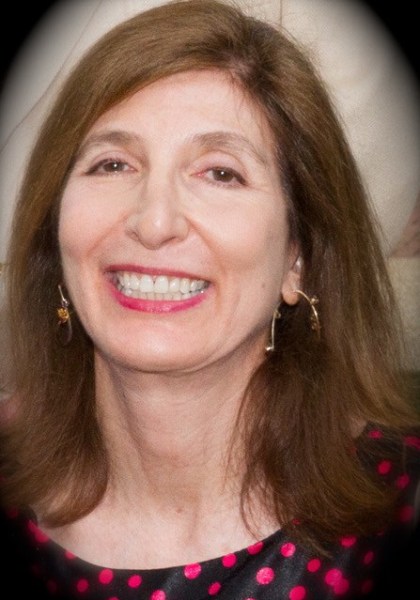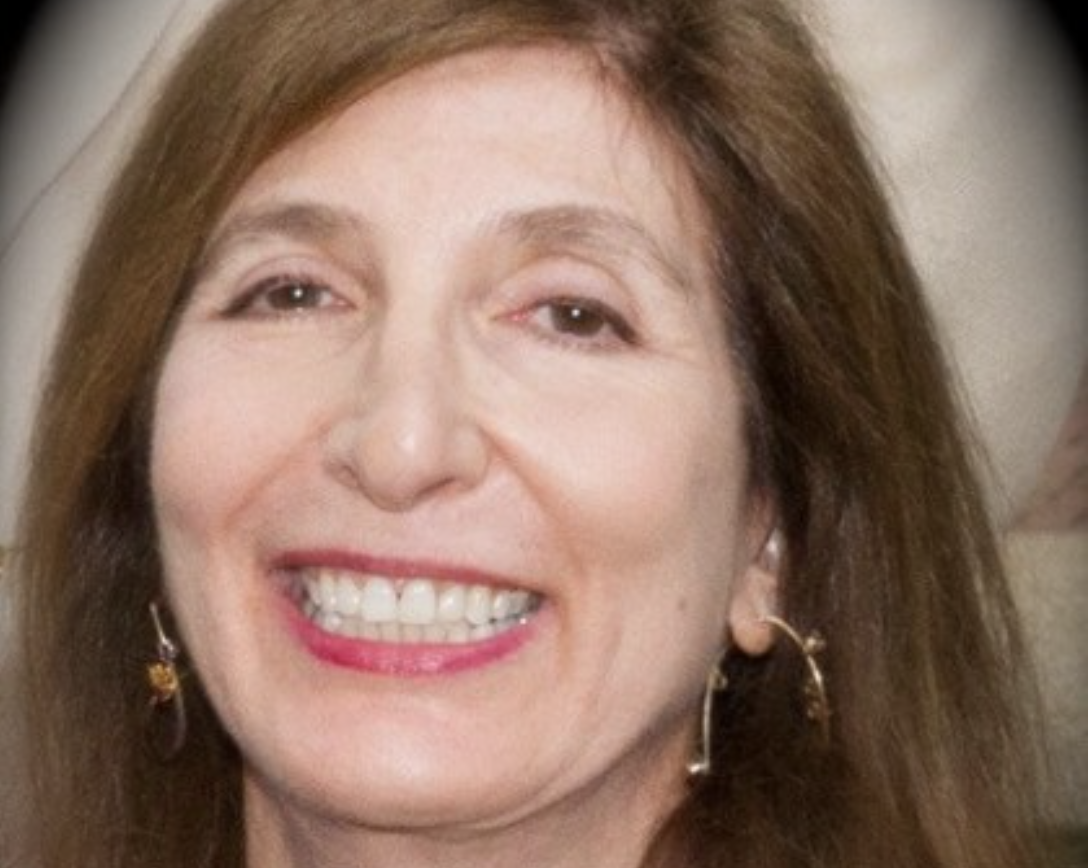Interview
What do you write?
While my previous publishing career was in nonfiction, I am currently focusing on writing fiction and am working on a novel. I am also writing short stories and like the short story form because it forces the writer to make every sentence count.
Is there an author or artist who has most profoundly influenced your work?
Writers I admire include Shirley Jackson, Katherine Mansfield, Alice Munro, Michael Chabon, Jorge Amado, Margaret Atwood, and Ray Bradbury.
Why did you choose Stonecoast?
While my chosen genre is fiction, I like that Stonecoast offers popular fiction as a genre choice. Good writing is good writing, regardless of whether it is classified as literary or pop. Participation in two writing workshops each residency provides the opportunity to work directly with more members of the exceptional faculty in a variety of genres. And lastly, I chose Stonecoast for its commitment to Social Justice and aesthetic diversity. It’s a great program.
What is your favorite Stonecoast memory?
I’m still in my first semester at Stonecoast, but listening to the speeches at the graduation ceremonies in January 2018 is definitely a good memory, along with the dance that followed (I like to dance).
What do you hope to accomplish in the future?
I want to write and publish a short story collection and a novel that will touch people’s hearts.
If you could have written one book, story, or poem that already exists, which would you choose?
The Blind Assassin by Margaret Atwood, which has a historic setting, contains a science fiction novel within the outer story, is told in the past and the present, and has a marvelous twist ending. It’s the kind of book that makes you ask questions and a book you want to read more than once.
Featured Work
Timepiece
The following is a work of fiction exclusively for Stonecoast Review.
Iris checked the time on her phone. The fluorescent lighting and gray-tiled floor in the Goodwill Store made everything look washed-out, including the three women ahead of her waiting in line. She clutched a child’s blue blazer in her right hand, while tapping her left hand against her thigh.
The first woman in line placed three Pyrex bowls on the counter to be individually wrapped. Iris looked at her phone again. Eleven minutes and two customers left.
She pulled three dollars and fifteen cents out of her purse and tried handing it to the clerk working the cash register. “Excuse me,” Iris said. “I’ve got to pick up my son. Here’s the exact change.”
The clerk barely turned her head. “Lady, you’ve got to wait in line like everyone else.”
The next customer, an old woman with frizzy yellow hair, started pulling items out of her cart: a tweed jacket, a pair of boots, a silk flower arrangement, and a small mirror with a ceramic frame.
Iris’s eyes focused on the mirror. The frame held glazed carrots, pea pods, onions, and purple grapes: it was definitely the same little mirror that hung by the back door in her kitchen. Could there be two?
No. It was definitely her mirror. Its soft green and tangerine colors reminded her of the kitchen in her first household when she’d lived in southern California. In the yard, there’d been orange and avocado trees. Paul—her first husband—had made the best guacamole. In the mornings they’d walked down to the beach, mist in their faces and feet crunching into the damp sand.
The mirror had been part of the house she’d built with Paul. April fourteenth would mark the third anniversary of his death. She’d carted that mirror across the country, from west coast to east coast, a touchstone to her memories.
Iris’s new husband, Greg, thought the mirror was a “mass-produced piece of junk.” “Tacky is how I’d describe it,” he’d said.
They’d been married six months.
“Are you kidding?” she’d replied. “That mirror was handmade by a potter friend of Paul’s aunt. It was a housewarming gift. I can’t get rid of it.”
Last weekend, Greg and Iris had hosted a neighborhood barbecue. Several of the moms and kids were still outside, listening to the crickets and organizing leftovers when Iris decided to get a head start on the dishes. Her hands immersed in the warm, soapy dishwater, she’d almost lost her grip on one of the plates when she’d overheard Greg talking. He was in the dining room, drinking beer with some of his buddies. “You should have seen this place when we first started dating,” he said. “Talk about clutter.”
“Women,” his friend said. “They’re always shopping.”
“She’s got so much stuff around here, I just sneak a little out now and then.” Greg sounded proud of himself. “She doesn’t even miss it.”
Each week she took at least one bag of items to the Goodwill Store. Wasn’t that enough?
Two people were now ahead of her in line. The first lady had paid for her three Pyrex bowls and Iris stared at the mirror again. Maybe she should stop the sale and ask for her mirror back, or even offer to pay the lady right there, personally.
Excuse me, she imagined saying, but that mirror is really mine. My husband donated it by mistake. I’d like to have it back. She felt her face flush and she began scrutinizing the blazer. Perhaps it was too big for Billy to wear for his piano recital next week. She wasn’t sure. She wasn’t sure of anything.
Iris tugged on a lock of her long, dark hair until she could feel where the strands attached to the base of her scalp. She couldn’t wait any longer. She stepped out of line, put the blazer back, and left the store. As she drove to pick up Billy, she kept thinking about other things in the house—the antique bronze clock that needed repair, the manual coffee grinder, Paul’s comic book collection. What other things had Greg removed?
Billy was standing with his teacher in front of the red brick elementary school. He waved when he saw the car. “What took you so long?” he said as soon as Iris buckled him into his car seat.
“I wasn’t really late,” she said, turning the ignition key to restart the engine.
“I was the last one.”
“I got here as quickly as I could.”
“I painted a blue whale today on the big easel,” Billy said. “When I bring it home I’m going to give it to Greg for his office.”
“That’s nice,” she said. “Do you remember the time we went out on the boat, you me and your father Paul, and saw the whale spouting water?”
She could see Billy in the rear-view mirror shaking his head no.
“Greg says when we go to Carolina, he’ll take us whale watching,” Billy said. “We’ll probably see dolphins too. Greg says he’s gonna teach you how to water ski.”
Iris laughed. “Yes, that Greg is always trying to teach me new things, but I’m not sure about waterskiing.”
*
“Would you like a sandwich?” she asked as they entered the house. Billy followed her into the kitchen and she immediately looked toward where the mirror hung, checking if Greg had deviously removed the nail from the wall.
But it was still there, the mirror, hanging where it had always been next to the back door. It was the very same mirror as the one she’d just seen at the Goodwill store—but how could that be?
She pulled it off the wall and studied the workmanship. She’d assumed it was handmade, but maybe the potter had bought it at the store after all.
The colors of the ceramic frame no longer matched her current kitchen. The vegetable shapes looked clumsy and crude. Greg was right: it was a piece of mass-produced junk. If the Goodwill store had found a buyer for the first mirror, they could certainly sell a second.
“Mom,” Billy said, tugging on Iris’s elbow. “Could you make my sandwich with peanut butter banana and honey, like the ones Greg makes?”
“Sure. Maybe I’ll make one for me too.” She set the mirror aside, for next week’s donation bag, thinking about the funny story she’d tell Greg when he got home from the office. Sometimes, it was best to let things go.

Nadja Maril is the author of two reference books on Antique American Lighting and two books for children, illustrated with artwork by her artist father, Herman Maril. A former art and antiques dealer, she has been a freelance journalist, weekly antiques columnist, lighting editor for Victorian Homes Magazine, and the Editor-in-Chief of several regional lifestyle publications. Nadja lives in Annapolis, Maryland, and when she is not writing, she is working with her husband, Peter, on the restoration of a formerly abandoned 1923 house.
